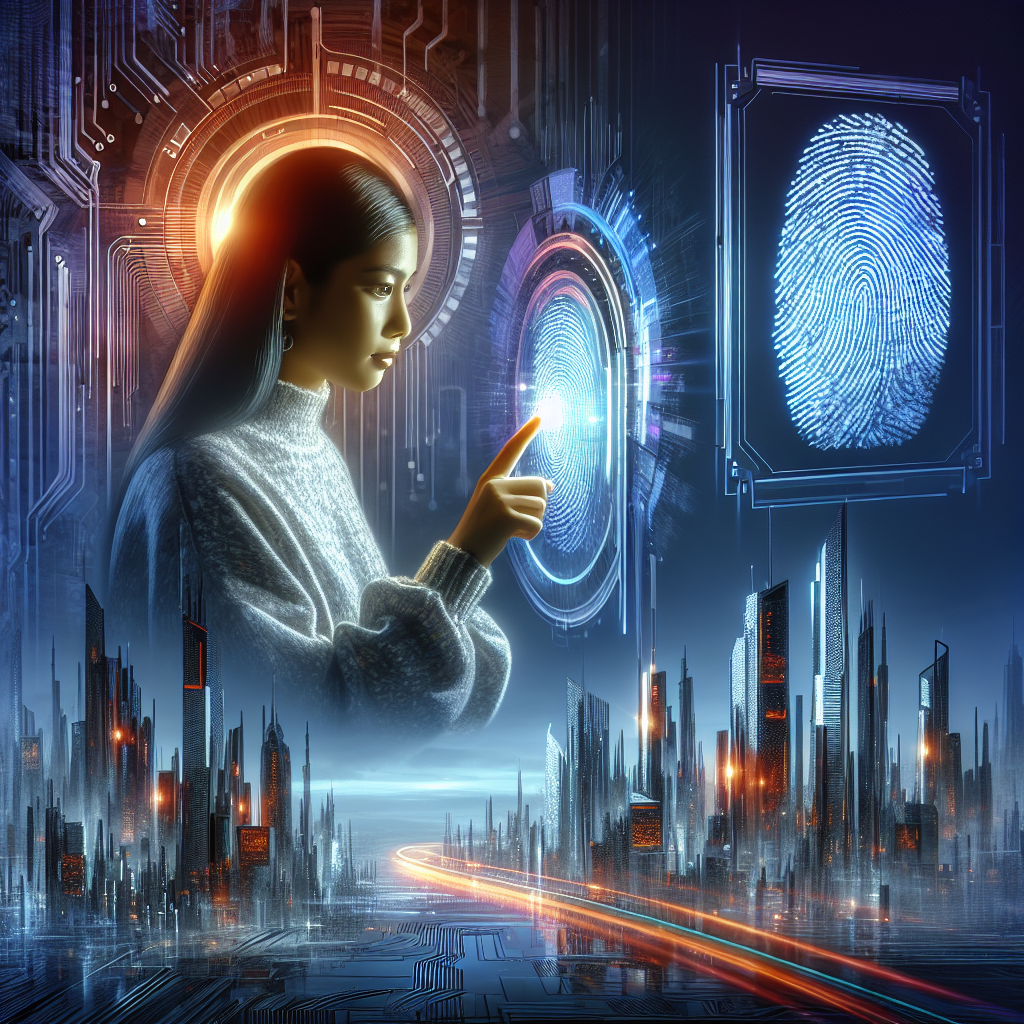In today’s world, personal security is more important than ever. With the rise of cybercrime and identity theft, it’s essential to protect our digital information and assets. That’s where biometric technology comes in. From fingerprint scanners to facial recognition software, biometrics is revolutionizing personal security and unlocking a future where our most sensitive data is protected like never before.
Biometric technology uses unique physical or behavioral traits to verify a person’s identity. These traits can include fingerprint patterns, voice patterns, facial features, and even DNA. By using these unique characteristics, biometric systems can accurately identify and authenticate individuals, providing a level of security that traditional password-based systems simply can’t match.
One of the most common uses of biometric technology is in mobile devices. Many smartphones now come equipped with fingerprint scanners or facial recognition software that allows users to unlock their device with a simple touch or glance. This not only makes it more convenient for users to access their devices, but it also makes it much harder for unauthorized users to gain access.
But biometric technology isn’t just limited to smartphones. It’s also being used in other applications, such as airport security, banking, and even healthcare. For example, some airports now use facial recognition software to quickly and accurately verify passengers’ identities, speeding up the security process and making travel more convenient for everyone involved.
In the banking industry, biometric technology is being used to enhance security and prevent fraud. Many banks now use fingerprint scanners or iris scanners to verify customers’ identities when they access their accounts or make transactions. This extra layer of security helps to protect customers’ sensitive financial information and gives them peace of mind that their money is safe.
In healthcare, biometric technology is also making a huge impact. Hospitals and healthcare providers are using biometric systems to securely access patient records and ensure that only authorized personnel have access to sensitive medical information. This not only helps to protect patient privacy, but it also helps to prevent identity theft and fraud within the healthcare system.
Overall, biometric technology is revolutionizing personal security in a way that was once unimaginable. By using unique physical or behavioral traits to verify identities, biometric systems are making it harder than ever for unauthorized users to gain access to sensitive information. As this technology continues to evolve, the future of personal security looks brighter than ever.
FAQs:
Q: Is biometric technology secure?
A: Yes, biometric technology is highly secure. Unlike traditional password-based systems, biometric systems use unique physical or behavioral traits to verify identities, making it much more difficult for unauthorized users to gain access.
Q: Is biometric technology expensive to implement?
A: While the initial cost of implementing biometric technology can be high, the long-term benefits far outweigh the cost. Biometric systems provide a level of security that is unmatched by traditional methods, making them a worthwhile investment for businesses and individuals alike.
Q: Can biometric technology be hacked?
A: While no security system is 100% foolproof, biometric technology is generally considered to be very secure. Biometric systems use unique physical or behavioral traits that are extremely difficult to replicate, making it much harder for hackers to breach the system.
Q: Are there any privacy concerns with biometric technology?
A: Like any technology, biometric systems raise some privacy concerns. However, many biometric systems are designed to protect user privacy by storing biometric data in an encrypted format and only using it for verification purposes.
Overall, biometric technology is revolutionizing personal security and unlocking a future where our most sensitive information is protected like never before. From smartphones to airport security, biometric systems are making it harder than ever for unauthorized users to gain access to our data. As this technology continues to evolve, the future of personal security looks brighter than ever.
